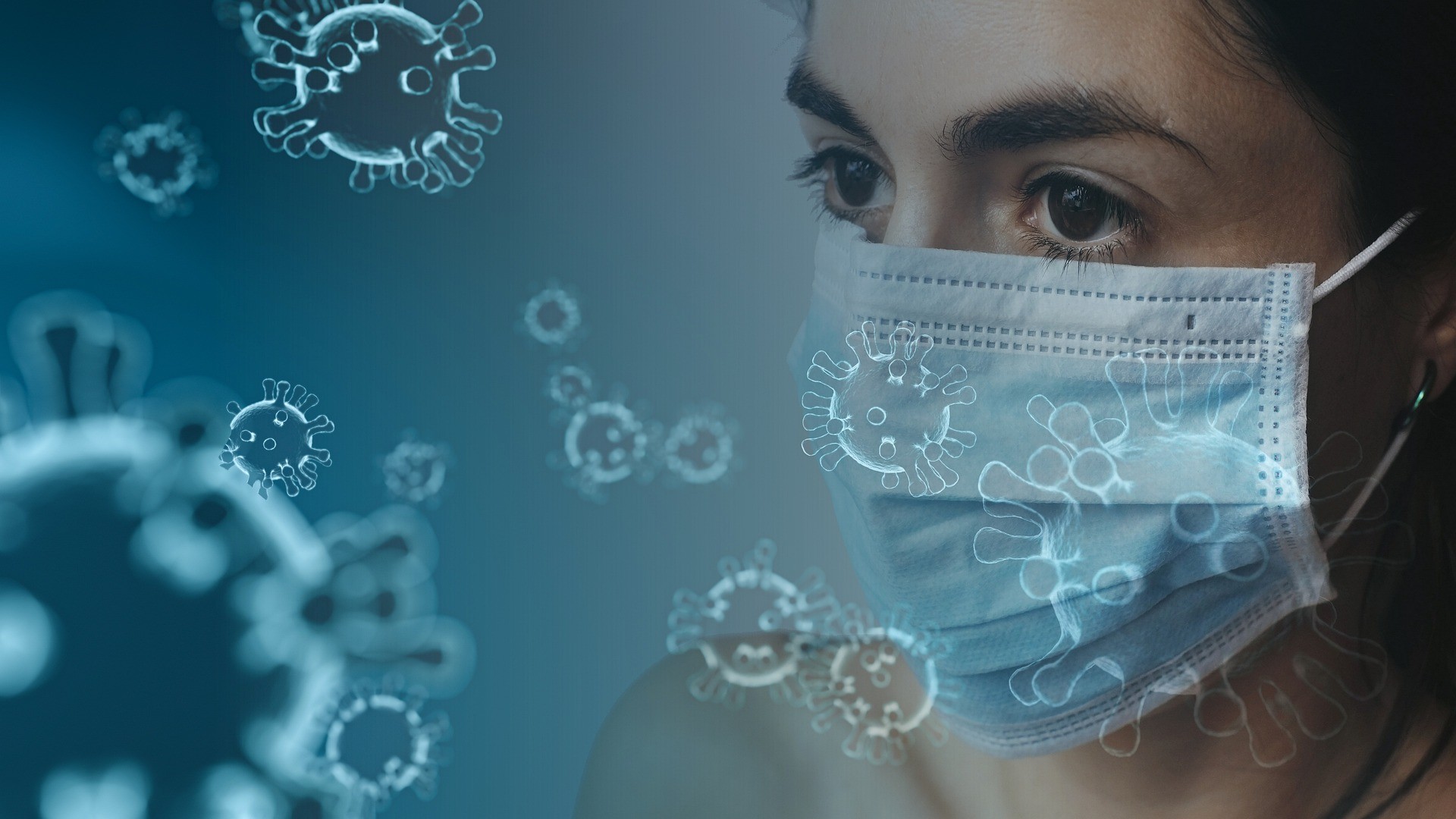
The 2019 novel coronavirus (COVID-19) is affecting more than 200 countries around the world and considering that a large number of cases are asymptomatic (or present with very mild symptoms) and that testing has not been performed on the entire population, only a fraction of the SARS-CoV-2 infected population is detected, confirmed through a laboratory test, and officially reported as a COVID-19 case. The number of actual cases is therefore estimated to be at several multiples above the number of reported cases. The number of deaths also tends to be underestimated, as some patients are not hospitalized and not tested. Delays in reporting can cause the number of COVID-19 cases reported on previous days to increase.
Current Cases and Deaths from Coronavirus:
To date, the outbreak of the coronavirus disease has spread to six continents with more than 5 million confirmed cases, and approximately 362,091 people had died after contracting the respiratory virus. The number of cases of COVID-19 being reported is rising due to increased laboratory testing and reporting. The risk of infection is serious if you are in an area where there are confirmed cases, and the World Health Organization (WHO) has labeled the outbreak a pandemic. Many countries around the world have now imposed travel restrictions, but if you have recently traveled to an affected area or been in close contact with someone with the virus, you should seek medical advice and try to stay away from public places.
Spread of Coronavirus:
The virus that causes COVID-19 is thought to spread mainly from person to person, mainly through respiratory droplets produced when an infected person coughs or sneezes. These droplets can land in the mouths or noses of people who are nearby or possibly be inhaled into the lungs. Spread is more likely when people are in close contact with one another (within about 6 feet).
Symptoms of coronavirus can usually take up to 14 days for symptoms of the illness to start being noticed. The most commonly reported symptoms are a fever and a dry cough, leading to shortness of breath. The early symptoms are similar to other viruses common at this time of year, such as the common cold and flu and these illnesses spread more during cold months, but it is not still known whether or not temperature impacts the spread of the SARS-CoV-2 virus. Urgent medical advice should be sought if you are experiencing any of these symptoms.
Testing for coronavirus:
Currently, there are many COVID-19 screening methods commonly used by healthcare professionals. Two major kinds of tests are available for COVID-19: molecular tests and antibody tests.
- A molecular test tells you if you have a current infection.
- An antibody test tells you if you had a previous infection.
An antibody test can be performed on COVID-19 antibody IgM/IgG rapid test kit and may not be able to show positive if you have a current infection, because it can take 1-3 weeks after infection for your body to produce antibodies against SARS-CoV-2. However, the COVID-19 antibody test works as a fast and efficient tool for back-to-work screening and mass immunization study. Comparing to molecular PCR test and ELISA test, antibody rapid test cassette is an easy-to-operate point of care device, which gives mobile clinics and healthcare professionals the flexibility to quickly screen patient samples despite it is not as accurate as molecular PCR and ELISA.
JOYSBIO is one of the largest lateral flow test cassette manufacturers in China and our manufacturing facility has been certified by China Food and Drug Administration. JOYBIO’s COVID-19 Antibody Rapid Test Kit was evaluated in multiple clinical studies and was proved to have an overall clinical agreement rate of 92.00%, and the accuracy rate for conducting two consecutive tests for the same sample is more than 99%.
Further information regarding COVID-19 can be obtained from WHO’s update on COVID-19 pandemic data.

